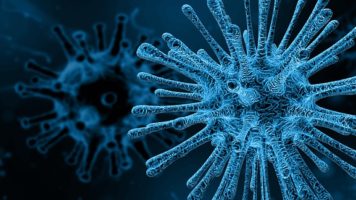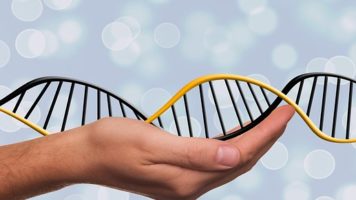In the News

Will A Medicine Work For You? A Simple Test Might Tell – Pharmacogenetics
Source: Forbes
A simple test using a swab of cells from the inside of your cheek can dramatically improve your medical treatment. The test can predict whether a drug will help, if you need a different dosage, or if you are at risk of severe side effects.
This testing is called pharmacogenetics or pharmacogenomics. This means studying the interactions of drugs (pharma-) and an individual’s genes (genom-). Genes control how drugs are metabolized and may be different in different people. Treatment can be personalized, or individualized for some classes of drugs.
The test can help suggest dosing for some HIV medicines, psychiatric drugs, statins, opioids, cancer drugs, and anticoagulants, but not all medications.
A swab of the inside of the mouth is used to obtain cheek cells. The DNA (genetic material) is then extracted from the cells. Then, the DNA is tested to examine specific enzymes that metabolize drugs, drug targets, or immune responses.
Did you know that about one in ten people won’t get adequate pain relief from codeine? Many health care workers don’t realize what a poor pain reliever codeine is, unless combined with acetaminophen, nor that some people just don’t metabolize codeine into the active agent, morphine. This may lead to health care workers accusing them of drug-seeking behavior. In fact, the lack of pain relief is because they metabolize codeine poorly because of a defect in their CYP2D6 enzyme.


